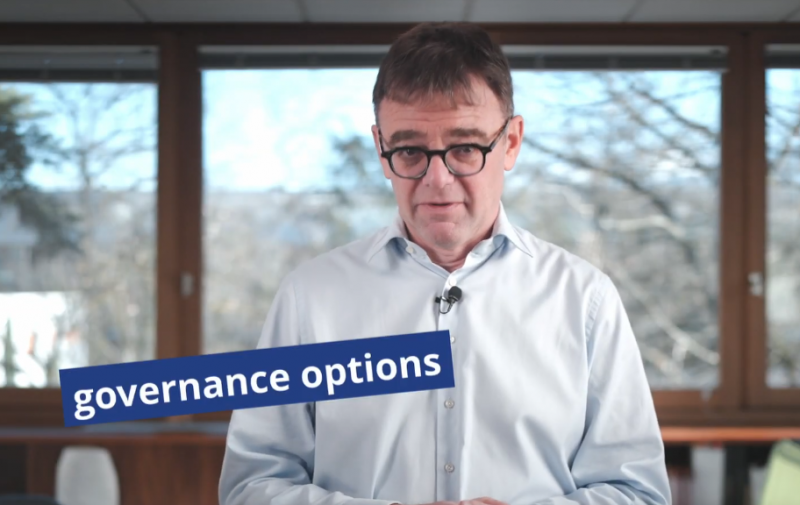
How does the penury of materials affect your contracts?
International business contracts: how to present a claim to a business partner effectively and successfully in the current volatile, complex and largely underestimated economic crisis (price increases and disrupted supply chains…) ?
Summary of the conference held on 13 September 2022 by Didier Dalod, CEO PIMAN GROUP in charge of International and Legal Affairs and Richard Klieman, Lawyer & Solicitor (UK) at ORIEL LAWYERS.
The crisis phenomenon started with Covid through 2020 and 2021 and has accelerated in 2022 with price increases caused by multiple factors: the geopolitical context, the health crisis, war…
- How to pass on price increases, how to avoid penalties due to shortages, how to manage rationing without discrimination, while preserving business relationships and remaining within the legal framework?
- What can a legal-economic analysis provide?
One response is to build a claim, keeping the balance of power positive through a pragmatic four-step approach:
- Analysis of the contract and the applicable law.
- The careful demonstration of measures taken to limit the impact of the crisis.
- Market analysis
- Setting up strategies to manage the other party (keeping an eye on competition law): offensive claim or defensive refusal, vis-à-vis the customer or the supplier.
Step 1 : applicable law
The law applicable to international business (Proper Law) must be determined whether the contract is public or private. The applicable law determines your legal arguments for negotiations.
Please note:
- Private law demands good faith and loyalty.
- Pre-existing French case law for matters in the public law domain. A 7% increase in enforcement costs can be held up as evidence of market disruption.
- A recent legal decision reopens the debate on the inalterability of financial clauses.
The notions of Hardship and Frustration of Purpose may be called upon in certain contexts.

Step 2 : demonstration of the actions taken
Demonstration of the actions taken and the additional costs incurred.
What steps should be taken to obtain a rebate for all or part of the additional costs?
Mitigate those costs, maintain good faith dealings, proactively measure and present the minimum additional costs. Does the doctrine of estoppel impact your claim?

Step 3 : market analysis
The market and you: Apply a general and specific approach to demonstrate that external events have impacted your business.
For example, fine-tuning a method of rating the products involved in the claim according to categories such as the nature of product components by project, their sources and financial impact over time.

Step 4 : strategy
What is my strategy?
- Renegotiate the contract
- Going to court if negotiations fail
Managing rationing strategy: attention to competition law and abuse of dominant position.
In summary, highlighting the strategy for managing market disruption.
- Take inventory of terms, and study your contracts to develop an offensive negotiation strategy.
- Develop an approach based on the product or project mix.
- Importance of good faith, facts and evidence


